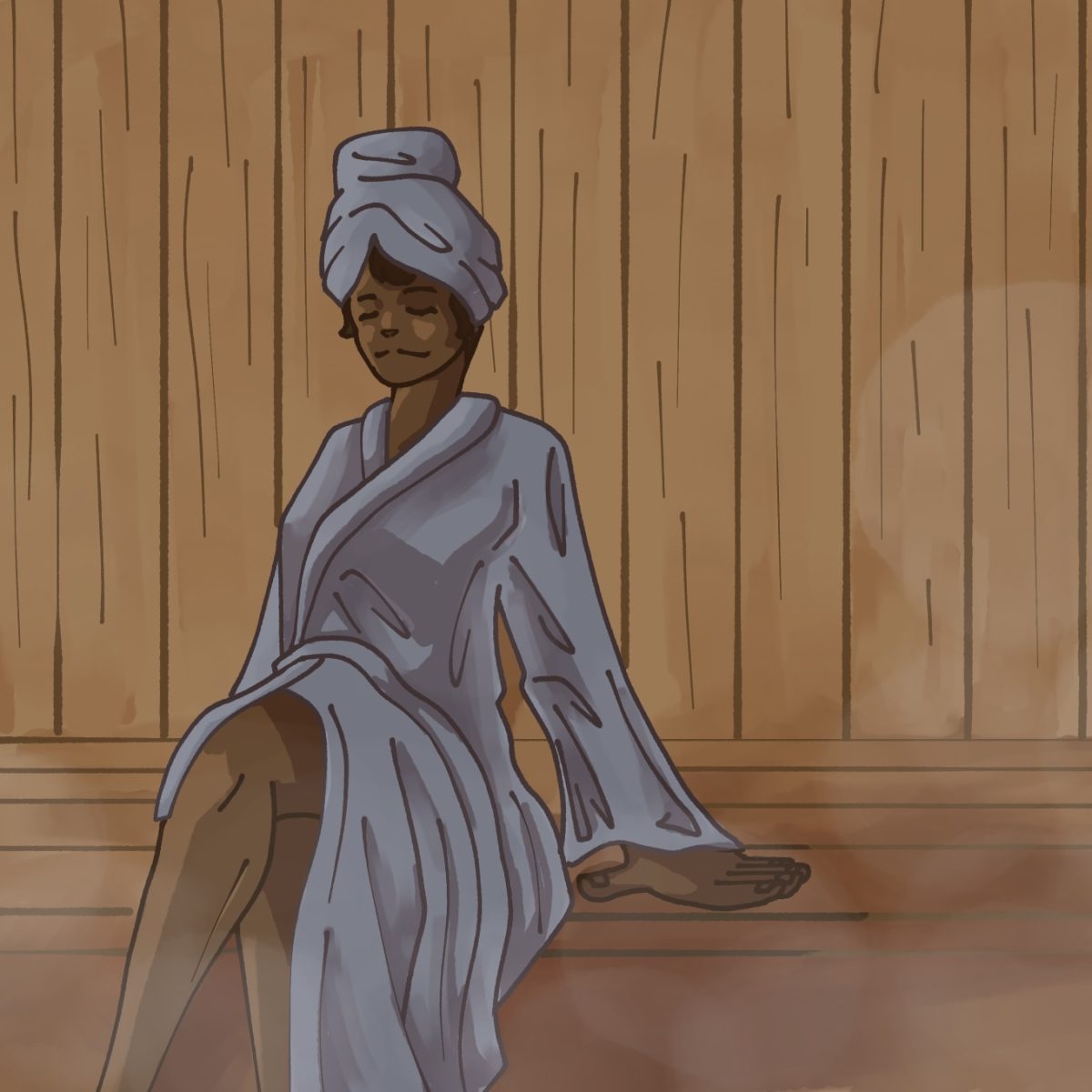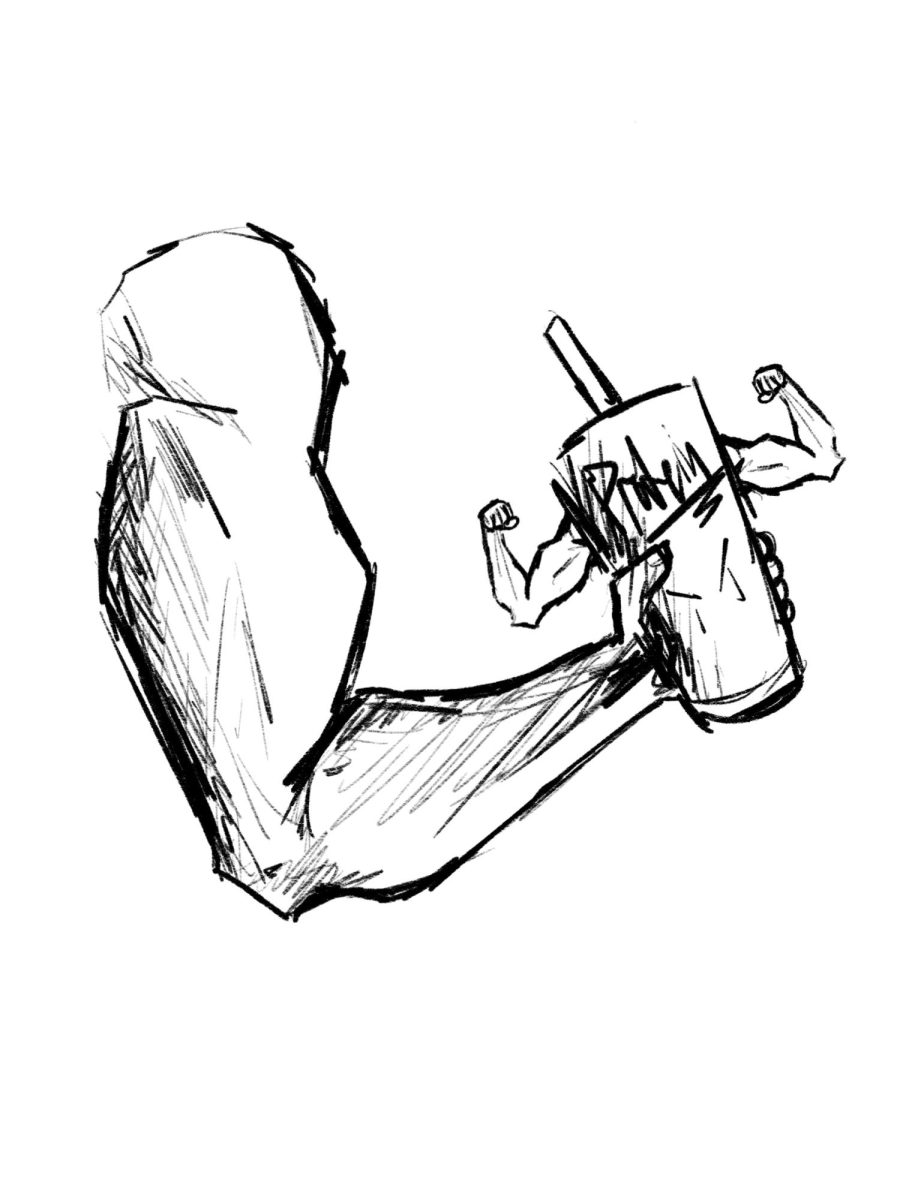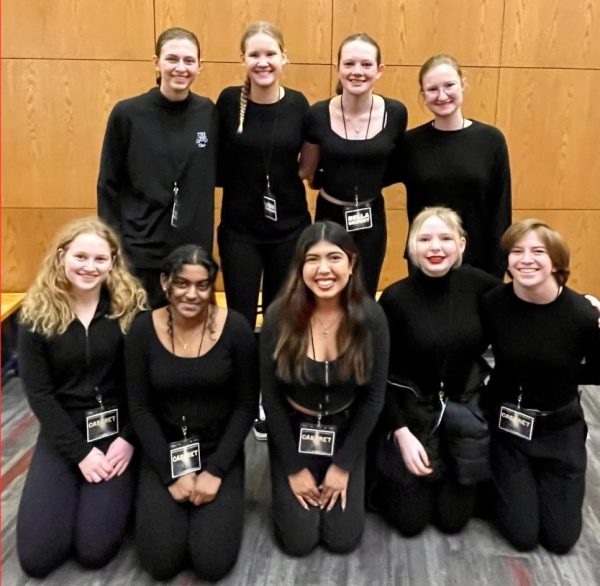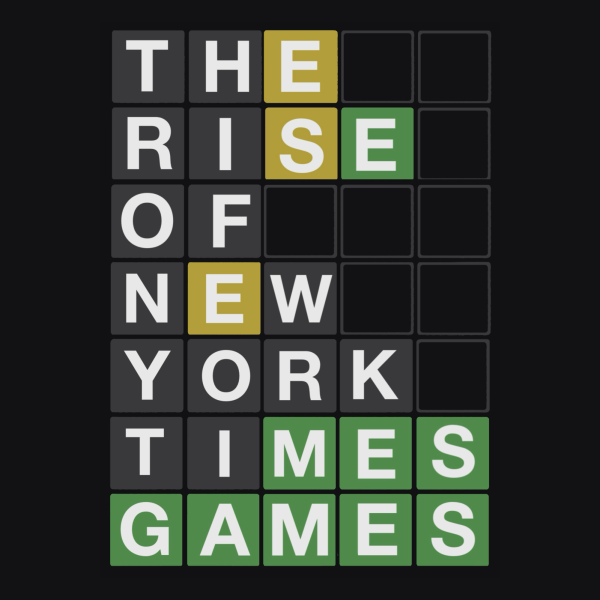El Día de Los Muertos
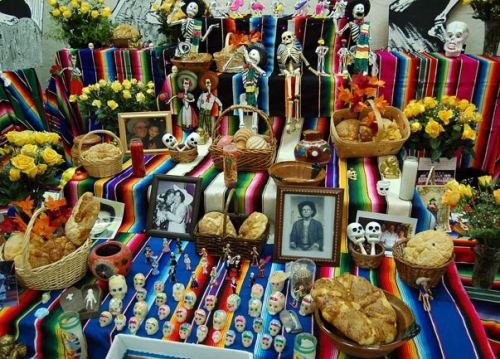
When a loved one passes away, we often mourn them and are sorrowful. In Mexico however, it is much more common for people to honor a loved one’s life well lived. On November 2, Mexican citizens celebrate the lives families and friends that have gone before them on a cultural holiday called, The Day of the Dead, or in Spanish, el Día de Los Muertos.
The Day of the Dead is one of Mexico’s most valued holidays. More money is spent on this holiday than any other in the country. The festivities begin on the October 31 when preparations begin. On the 1st of November dead infants and children are honored while the lives of adults are honored on the 2nd, the official date of the holiday.
Festivities range from private gatherings to large public events. Families create altars, or shrines, in their household in honor of those they have lost. In addition public gatherings range anywhere from parades to street parties.
The holiday is much more complex than it may seem. It originated from the Aztecs and has since developed into what it is today. Sugar skulls are an iconic food around the holiday, their intricate design making them a mascot-like-figure for the Day of the Dead. The holiday also falls around the time of year when monarch butterflies arrive in Mexico. Some believe that these butterflies are representative of the souls of the dead returning to earth.
El Día de los Muertos is not relatable to everyone. It is hard for us to understand how something we view to be sad, can be enjoyed by the Mexican culture. Although their traditions may seem very distant, there are ways to embrace them. All across the Twin Cities, places such as the History Center are hosting Mexican cultural Day of the Dead events. In addition, there is a new movie in theaters called, The Book of Life, which highlights some of the holiday’s traditions.
The Day of the Dead might not pertain to you directly, but it is an interesting event to think about; people celebrating other’s lives, regardless of whether they are there or not. It is amazing how one country can come together for a few days and honor those who have gone before them.
When a loved one passes away, we often mourn them. In Mexico however, it is much more common for people to honor a loved one’s life well lived. On November 2, Mexican citizens celebrate the lives families and friends that have gone before them on a cultural holiday called, The Day of the Dead, or in Spanish, el Día de Los Muertos. It’s one of Mexico’s most valued holidays. The festivities begin on the October 31 when preparations begin. On the 1st of November dead infants and children are honored while the lives of adults are honored on the 2nd, the official date of the holiday. Festivities range from private gatherings to large public events. Families create altars, or shrines, in their household in honor of those they have lost. Sugar skulls are an iconic food around the holiday, their intricate design making them a mascot-like-figure for the Day of the Dead. The holiday also falls around the time of year when monarch butterflies arrive in Mexico. Some believe that these butterflies are representative of the souls of the dead returning to earth.
Although the traditions of the Day of the Dead are very different from what we’re used to, there are ways to embrace them. In the Twin Cities, places like the History Center are hosting Day of the Dead events. The Day of the Dead might not pertain to you directly, but it is an interesting event to think about; people celebrating other’s lives, regardless of whether they are there or not.
El Día de los Muertos is not relatable to everyone. It is hard for us to understand how something we view to be sad, can be enjoyed by the Mexican culture. Although their traditions may seem very distant, there are ways to embrace them. All across the Twin Cities, places such as the History Center are hosting Mexican cultural Day of the Dead events. In addition, there is a new movie in theaters called, The Book of Life, which highlights some of the holiday’s traditions. The Day of the Dead might not pertain to you directly, but it is an interesting event to think about; people celebrating other’s lives, regardless of whether they are there or not. It is amazing how one country can come together for a few days and honor those who have gone before them.


